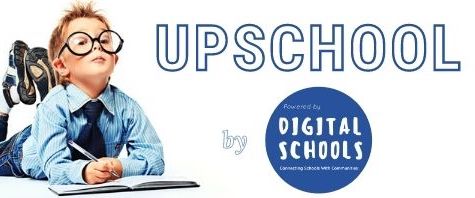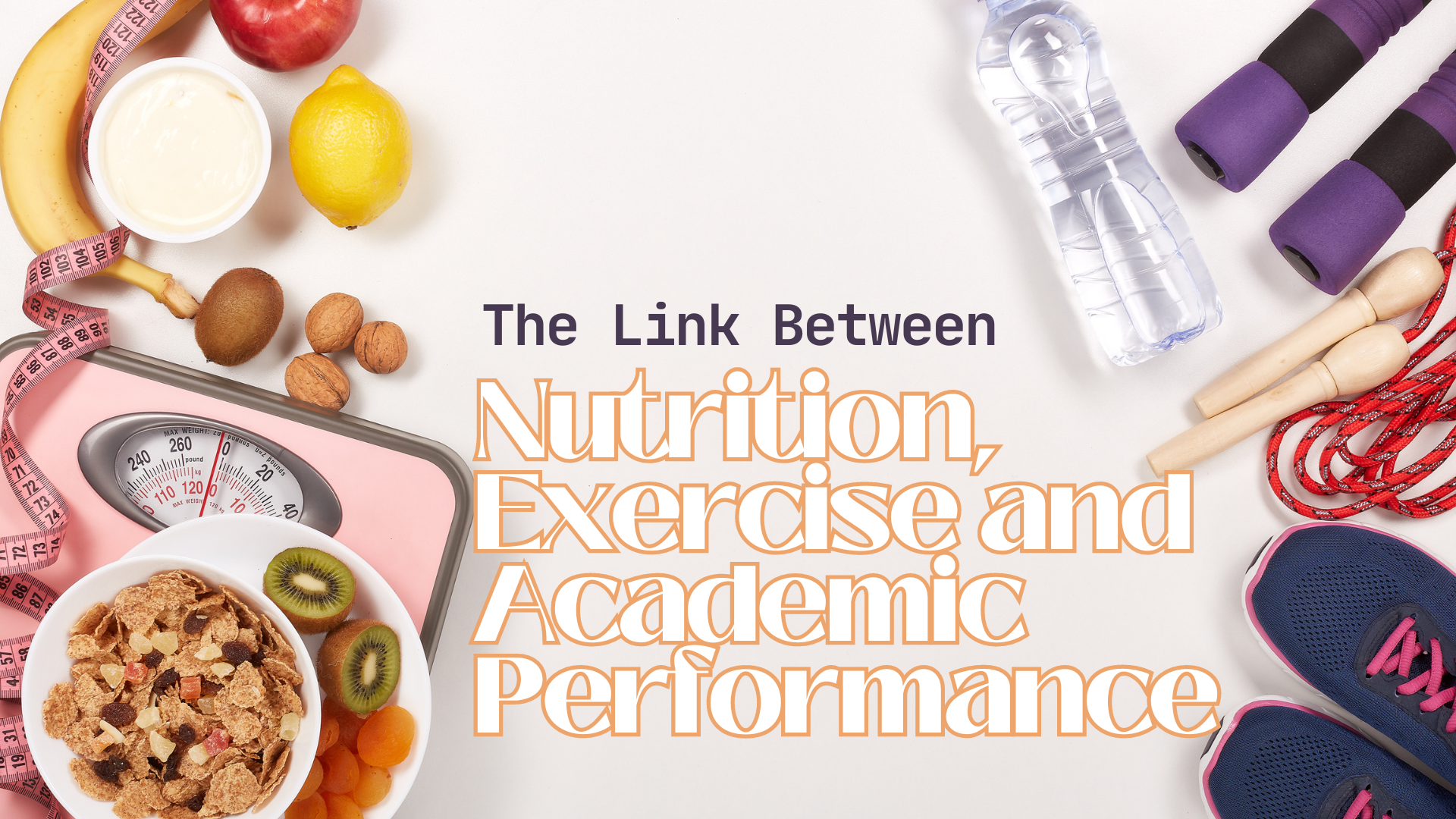Published by: Digital Schools
The link between nutrition, exercise, and academic performance in children is a well-researched and recognised area of study. Both proper nutrition and regular physical activity play crucial roles in supporting cognitive development and academic success in children. Here are some key points to understand this connection:
- Nutrition: Eating the right foods helps kids’ brains work better, improving memory and problem-solving.
- Exercise: Physical activity gets blood flowing to the brain, making it work better, too.
- Attention and Concentration: Good nutrition and exercise help kids stay focused and pay attention in class.
- Mood and Behaviour: Eating well and staying active can make kids feel happier and less stressed.
- Sleep: Healthy eating and exercise lead to better sleep, which helps kids perform better in school.
- Obesity Prevention: These habits also help prevent obesity, which can harm academic performance.
- Long-Term Health: Healthy habits in childhood lead to a healthier future, reducing the risk of diseases that can affect school performance.
It’s important for parents, caregivers, and schools to prioritise healthy eating habits and physical activity in children’s daily routines to support their academic success. Encouraging children to eat a balanced diet, engage in regular physical activity, and get adequate sleep can have a significant impact on their cognitive abilities, behaviour, and overall well-being.
Digital Schools
The content by "Digital Schools" which can be found under the "Guest Contributor" category on this platform is produced by Digital Schools PTY LTD. Digital Schools works in partnership with the school as a 3rd party provider to help build and maintain the school website. As well as this, we assist the school by engaging with a range of experts who already provide products and/or services to educational institutions and we work with them to produce and publish information to this website that we think may be relevant, interesting or topical to families within the community.
PLEASE NOTE: The views, opinions and content published by us are that of the "Guest Contributor" and/or publisher (Digital Schools). It should be noted that whilst the publisher and guest contributors are acting with the best intentions and in the best interests of the school and their community, sometimes the content may not necessarily reflect the views of the school. We welcome your feedback. Down the bottom of this page is a feedback form so you can let us know what you think.


